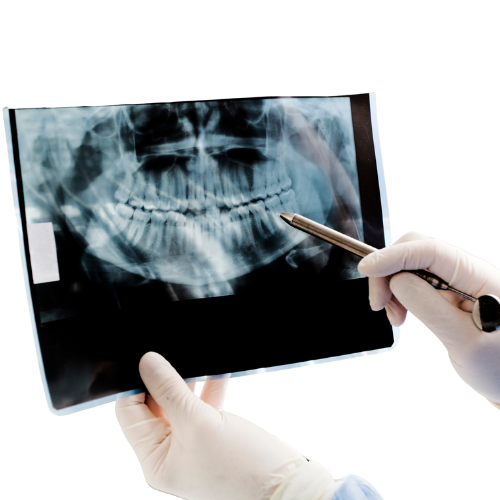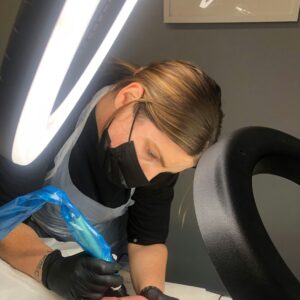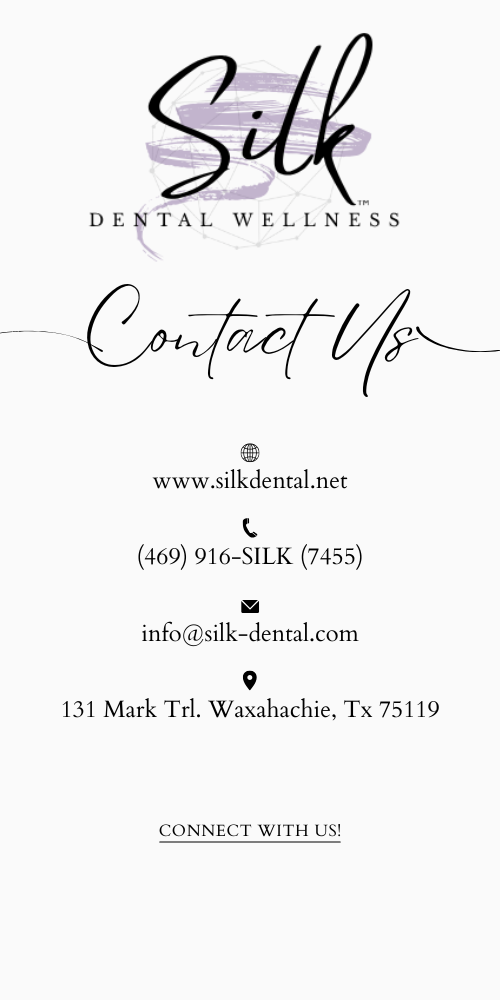WHAT IT IS AND HOW IT WORKS
Routine dental maintenance includes regular cleanings, exams, and preventive treatments designed to keep your teeth and gums healthy. These visits are essential even if you brush and floss daily, as plaque and tartar can still accumulate in hard-to-reach areas. Without routine care, this buildup can lead to cavities, gum disease, and more serious oral health issues. Cleanings remove harmful deposits, while exams help catch problems early—often before you notice symptoms. X-rays may be taken to assess areas beneath the surface, such as between teeth or under fillings. Routine maintenance also includes polishing teeth to remove stains and applying fluoride to strengthen enamel. For some patients, sealants or deep cleanings may be recommended to provide extra protection. These visits are typically scheduled every six months and play a critical role in preserving the health, function, and appearance of your smile. By staying consistent with routine care, you can reduce your risk of costly dental issues and maintain a healthier mouth for years to come.


Initial Evaluation & Oral Exam
-
The dentist or hygienist begins with a full exam, which may include X-rays to assess the health of your teeth, gums, and jawbone.
-
Your oral hygiene habits, medical history, and any symptoms or concerns are reviewed.
-
Based on your needs, the provider recommends a standard cleaning, fluoride treatment, or other preventive services.

Professional Cleaning (Scaling & Polishing)
-
Plaque and hardened tartar are gently removed from above and below the gumline using specialized tools.
-
Teeth are then polished with a gritty paste to remove surface stains and smooth the enamel.
-
This process helps prevent gum disease and cavities while leaving your teeth clean and refreshed.

Preventive Treatments & Risk Assessment
-
Depending on your oral health, a fluoride treatment may be applied to strengthen enamel and reduce the risk of decay.
-
The dentist may recommend sealants, deeper cleanings, or lifestyle changes for patients with high cavity or gum disease risk.
-
Any early signs of dental problems are addressed with a treatment plan if needed.

Home Care & Follow-Up
-
You’ll receive personalized tips on brushing, flossing, and oral care products suited to your needs.
-
The dentist may offer dietary advice or recommend tools like water flossers or prescription toothpaste.
-
Routine maintenance appointments are typically scheduled every 6 months to maintain long-term oral health and catch issues early.
Routine Maintenance Visits
During routine dental maintenance, you can expect a comfortable and thorough visit focused on prevention. At the start of your appointment, a hygienist will carefully clean your teeth, removing plaque, tartar, and surface stains with professional tools. Your gums will be checked for signs of inflammation or recession, and your teeth will be examined for cavities or damage. X-rays may be taken to monitor areas not visible during the visual exam.You might receive personalized guidance on brushing, flossing, or dietary habits based on your oral health. Most patients experience little to no discomfort during this visit, though minor sensitivity is possible after a deep cleaning. These appointments typically take under an hour and play a crucial role in keeping your smile bright, your gums healthy, and dental problems from developing into more serious issues.
How to Maintain Your Teeth
Caring for your oral health between routine maintenance visits is essential for preventing issues and keeping your smile healthy. Brush your teeth twice a day with a soft-bristle toothbrush and fluoride toothpaste to remove plaque and protect your enamel. Floss daily to clean between teeth and under the gumline, where your toothbrush can’t reach. You may also benefit from using a water flosser or mouthwash to reduce bacteria and support gum health. Limit sugary snacks and acidic drinks, which can contribute to tooth decay and enamel erosion. Avoid using your teeth as tools or chewing on hard objects that can cause chips or cracks. Most importantly, keep up with regular dental checkups and cleanings every six months. These visits help catch small issues before they become serious and allow your dental team to tailor care to your specific needs. By combining good daily habits with consistent professional care, you’ll support a healthy smile for years to come.

